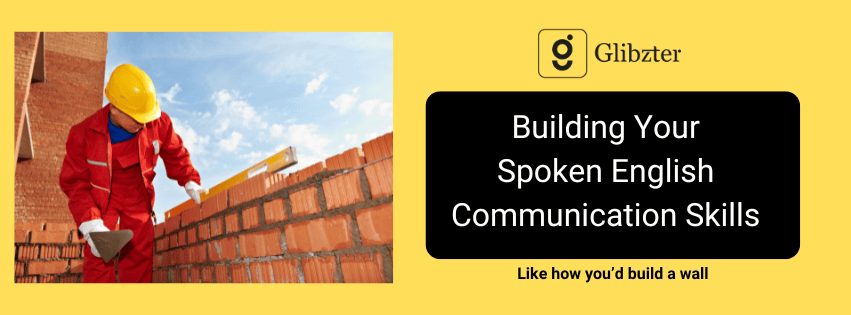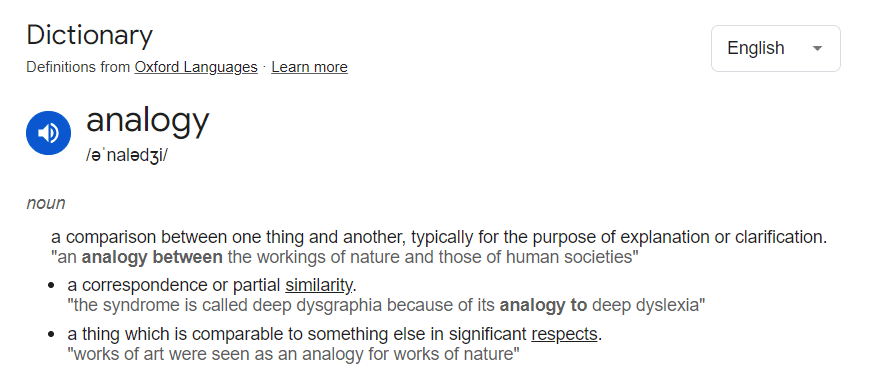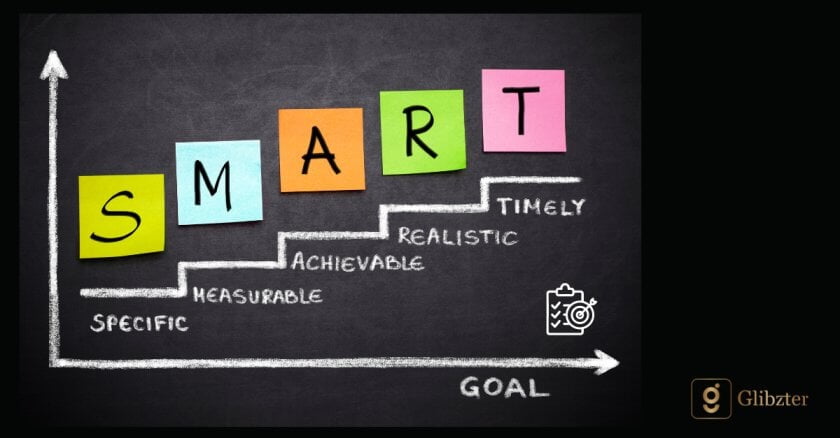Have you ever seen a mason construct a wall? This GlibTalks blog draws a parallel between the steps involved in building a wall and those for building your Spoken English communication skills.

For starters, this blog is an 'analogy'. Google search the meaning of the word and you get this result (sourced from the Oxford Dictionary)

The meaning hinges around the words of 'comparison' and 'similarity'. In many respects, building your communication skills in English has a lot in common with how a mason would construct a wall. Let's explore this analogy:
Materials and Tools
To build anything, you would need to source the right materials along with the requisite tools. When it comes to building a wall, the essential materials would be bricks, mortar (cement), TMT steel bars, water, primer and paint, while the tools would be trowels, spirit level, jointer, paint brushes/ rollers among others.
For Building Spoken English Communication Skills (Online):
| Materials | Tools |
| Books including e-books | Mobile and Web Apps |
| Newspapers and Magazines (including online news portals/ e-paper/ e-readers/ e-magazines) | E-learning Courses |
| Videos of Movies, TV Shows, Web series, Documentaries, Music etc. | Browser extensions like Glibzter Immersive - English Vocabulary Builder |
| Podcasts | Online Dictionaries |
| Study material | Hardware like mobile devices, tabs, laptops, PCs. |
Planning and Designing
The mason identifies where the wall needs to be built and clears the area of any vegetation/ debris to dig a trench for the foundation. Before the wall is built, it is essential to finalize the design and layout.
For Building Spoken English Communication Skills:
On the similar lines, it is essential to make time and stay committed to the process of learning. Setting SMART Goals would be essential to determine the desired learning outcomes.

An example of setting SMART Goals while using Glibzter Immersive - English Vocabulary Builder, a browser extension to help you build and expand your English Vocabulary by curating relevant English words and phrases in real-time while streaming videos with English subtitles/ closed-captions and reading online news articles from select media portals, for contextual usage practice:
| Goal Type | Goal example |
| Specific | "I want to work on building my English Vocabulary" |
| Measurable | "I will know how many words and phrases I have acquired, practiced and already known for any period of time (Today, Yesterday, Last Week, Last Month, Last Year, Till Date)" |
| Achievable | "I will practice at least 12 new words and 20 new phrases per day by reading 5 articles and watching 2 videos with subtitles" |
| Realistic | "I will be able to devote 30 minutes for practicing the contextual usage of words and phrases" |
| Timely | "I wish to achieve Advanced proficiency within the next 2 years" |
Laying the Foundation and Building the Wall
The foundation is laid by digging and leveling the trench with gravel forming a stable base. The mortar is mixed and the bricks are laid on the foundation with the trowel being used to make each brick settle in place.
The analogy for building Spoken English Communication Skills:
| Building a wall | Building Communication Skills in English |
| Bricks | Words and Phrases we acquire while listening to people speak, the radio or podcasts, reading books, newspapers or magazines and while watching movies and TV shows. |
| Mortar (Cement) | Grammar which joins the words and phrases together to form meaningful sentences |
| Alignment - Using spirit level and string line | Knowing what to speak when and to what type of audience. |
| Curing, surface smoothening and painting | Fine tuning the what to speak and how to speak with practice. |
If you have basic foundational proficiency and wish to improve your communication skills in English, then Glibzter Immersive would be an ideal tool to help you improve your contextual usage of English words and phrases.
Read: How Glibzter Immersive helps you build and expand your English vocabulary
Read: 5 ways how reading improves your Spoken English Communication Skills
What other analogies can you think of? Do share your thoughts on this blog and your communication skills enhancement journey in the comments section below.


